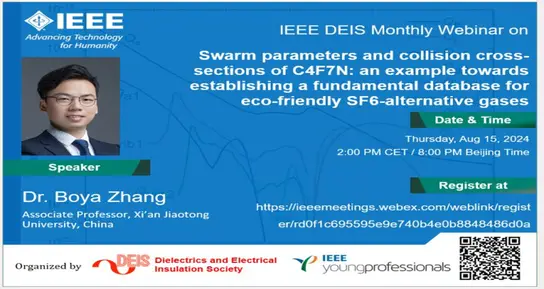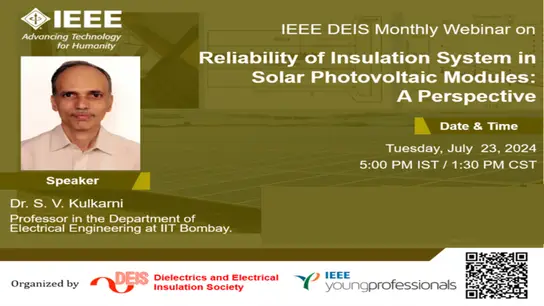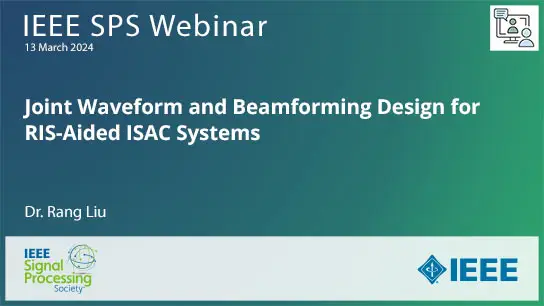-
Members: FreeSPS
IEEE Members: $11.00
Non-members: $15.00Length: 00:52:19
22 Feb 2024
Deploying 3D single-photon Lidar imaging to real world applications presents multiple challenges especially when imaging in high noise environments such as underwater and/or imaging in the data sparse regime (e.g., when scanning few samples in compressed sensing or in the sparse photon regime due to low illumination). Several algorithms have been proposed to address these issues based on statistical or learning-based frameworks. Statistical methods provide rich information about the inferred parameters but are limited by the assumed model correlation structures, while deep learning methods show state-of-the-art performance but limited inference guarantees, preventing their extended use in critical applications. This presentation first introduces a statistical framework for robust reconstruction of complex 3D LiDAR scenes while providing uncertainty measures about the depth and reflectivity parameters. We then propose generalizations of this model. To enable fast real-time processing at milliseconds frames-per-second, we approximate this model and implement its parallel operations using a GPU. This fast algorithm is validated on highly noisy data acquired in underwater environment. We also unroll the statistical Bayesian algorithm into a new deep learning architecture which requires a reduced number of trainable parameters and provides rich information about the estimates including uncertainty measures. The proposed algorithms will be compared to existing state-of-the-art methods on different problems including target detection and robust reconstruction of high-dimensional data (3D videos or multispectral data).


